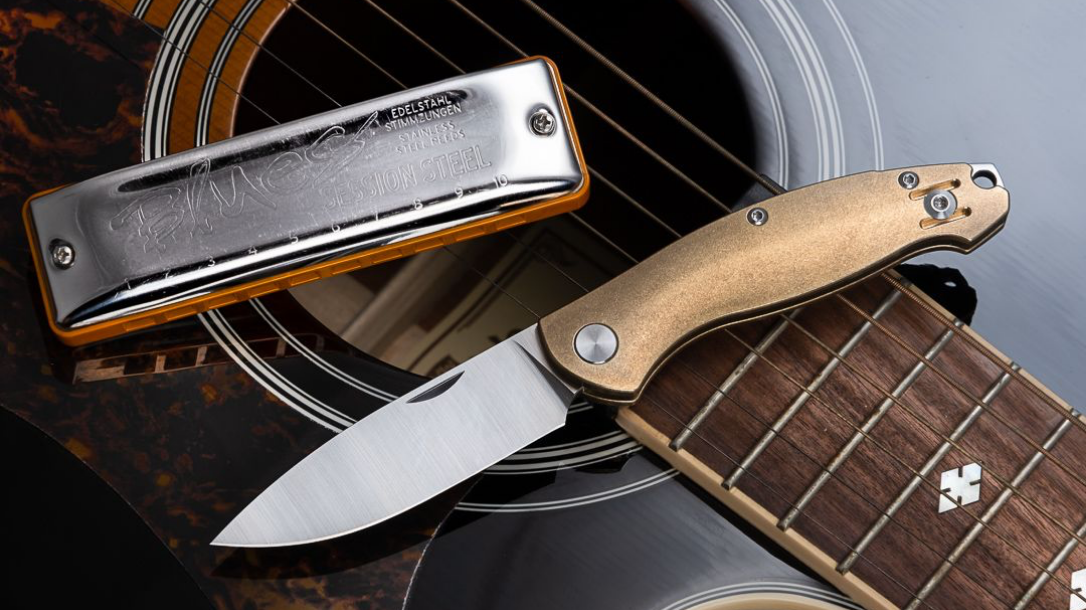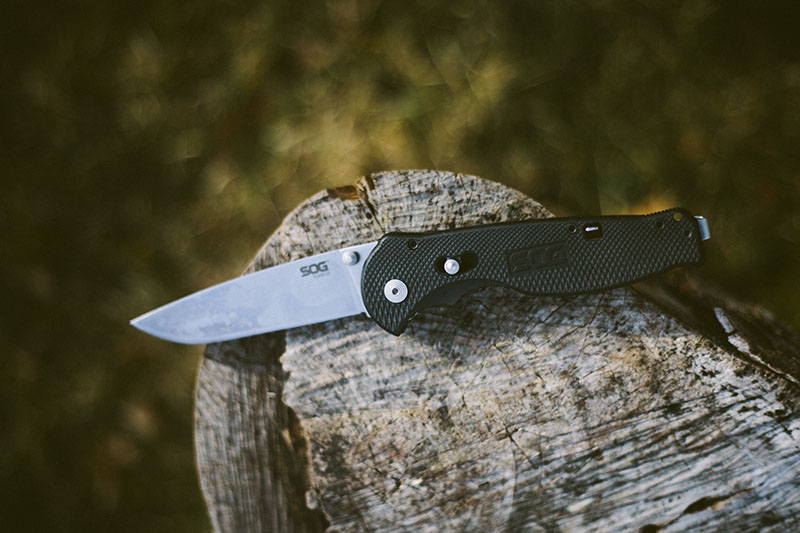For every kitchen professional, knives are not just tools; they are the very heart of culinary expertise. Ensuring the longevity and performance of these essential instruments is a priority, making it crucial to understand the intricacies of knife warranty policies. The right warranty can be a safeguard against unexpected costs, ensuring that your culinary tools remain as sharp and efficient as your skills.
In this comprehensive guide, we delve into the different facets of knife warranty policies, offering insights that will equip kitchen professionals with the knowledge they need to make informed purchasing and maintenance decisions.

Understanding Knife Warranty Policies
Knife warranty policies are agreements provided by manufacturers or sellers that promise to repair or replace a knife if it fails due to manufacturing defects or, in some cases, standard wear and tear. These policies can vary significantly in terms of coverage, duration, and conditions.
For instance, some warranties are limited to defects in material or workmanship, while others may cover accidental damage or even loss. It's essential to scrutinize these terms to ensure they align with your usage and expectations. For a deeper dive into different knife types and their uses, check out this informative guide.
Key Elements of Knife Warranty Policies
Duration of Coverage
The duration of a warranty can range from a few months to a lifetime. Lifetime warranties are particularly appealing, but it's important to understand what 'lifetime' means in the context of the warrantyoften, it refers to the expected lifespan of the knife.
Conditions and Exclusions
Understanding the conditions and exclusions is critical. Many warranties do not cover damage resulting from misuse, improper sharpening, or modifications. Always adhere to the manufacturer's care instructions to ensure your knife remains under warranty. For more on maintaining your knives, explore the proper care techniques.
How to File a Warranty Claim
Filing a warranty claim typically involves providing proof of purchase and a detailed description of the defect. Some companies may require the return of the knife for inspection before honoring the claim. It's advisable to keep all receipts and documentation in an easily accessible place.
For those who regularly update their collection, having a systematic record-keeping method can save time and hassle. Read more about selecting the right knives for your needs in the folding knife vs multi-tool guide.
Why Warranty Matters for Kitchen Professionals
For kitchen professionals, the assurance provided by a robust warranty policy cannot be overstated. It not only protects your investment but also ensures that you can continue to work without interruption due to faulty equipment. Understanding the nuances of these policies can prevent costly replacements and maintain the integrity of your kitchen arsenal.
Additionally, a well-maintained knife, backed by a good warranty, can contribute significantly to the efficiency and safety of your kitchen operations. Check out the best practices for knife rotation to keep your tools in top condition.
Conclusion
In conclusion, knife warranty policies are a vital consideration for any kitchen professional seeking to maintain a high standard of culinary excellence. By understanding the terms, conditions, and claims process, you can ensure your knives are always ready to perform at their best.
For more insights into the world of knives and warranties, including tips on choosing the best knife for your kitchen, visit this detailed overview.

FAQ
What is typically covered under a knife warranty?
Most knife warranties cover defects in materials and workmanship. However, coverage can vary, so it's important to read the specific terms of each warranty policy.
How can I maintain my knife to ensure it remains under warranty?
Follow the manufacturer's care instructions, including proper sharpening techniques and storage solutions. Avoid misuse that could void the warranty.
Can I transfer my knife warranty if I sell or gift my knife?
Most warranties are non-transferable and apply only to the original purchaser. Always check the specific terms of the warranty for details on transferability.
This article contains affiliate links. We may earn a commission at no extra cost to you.


























